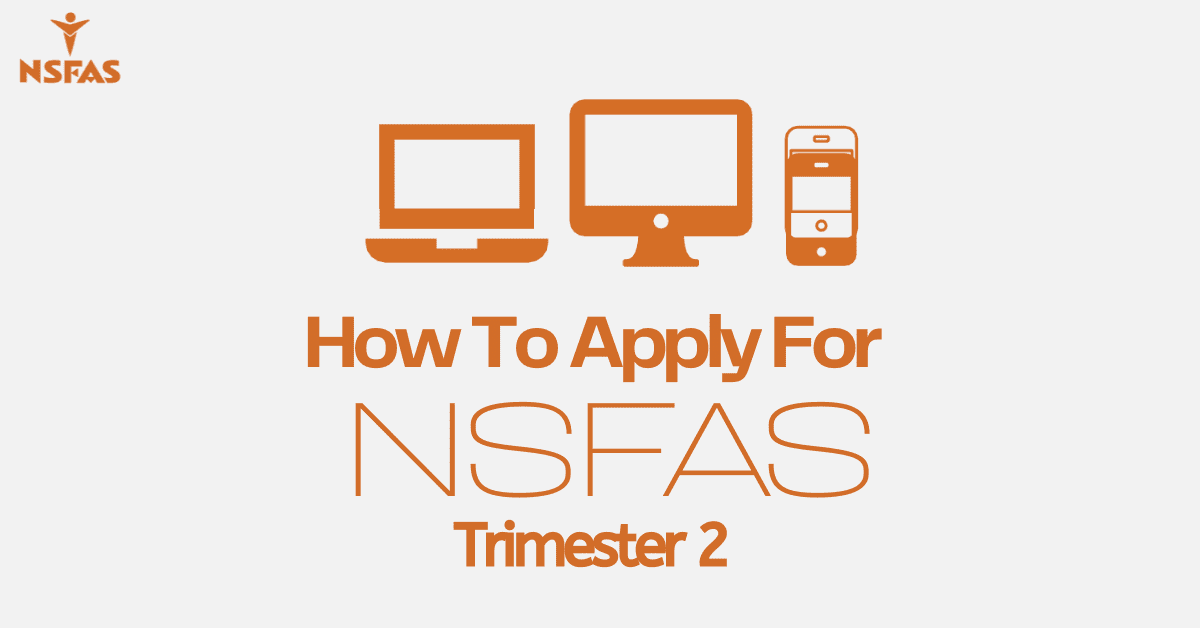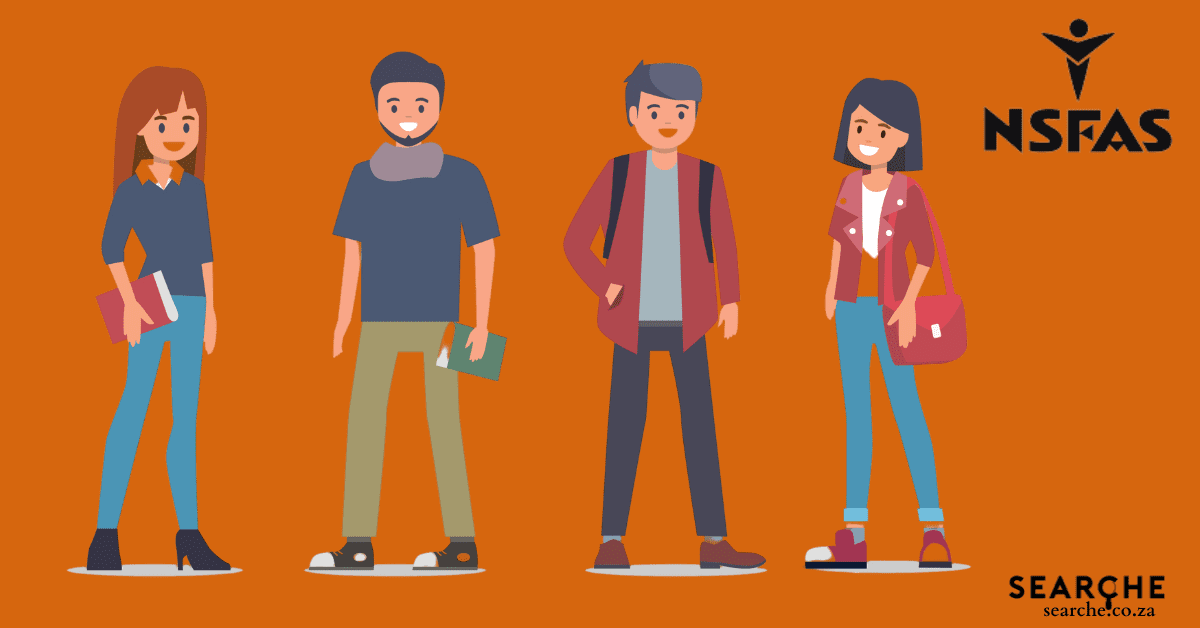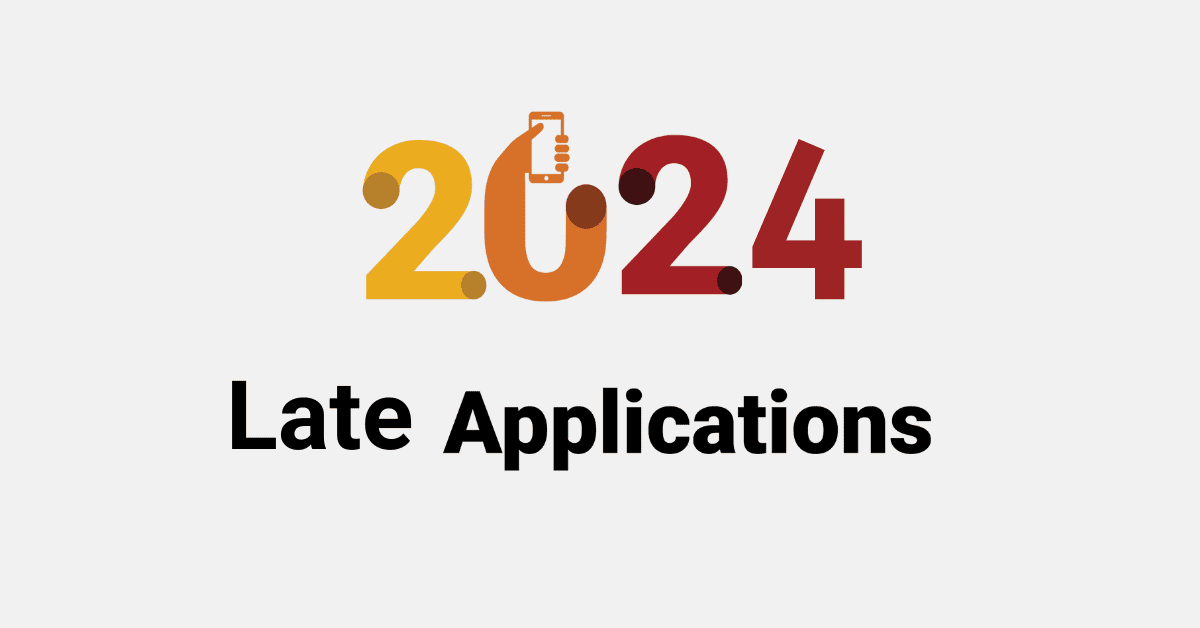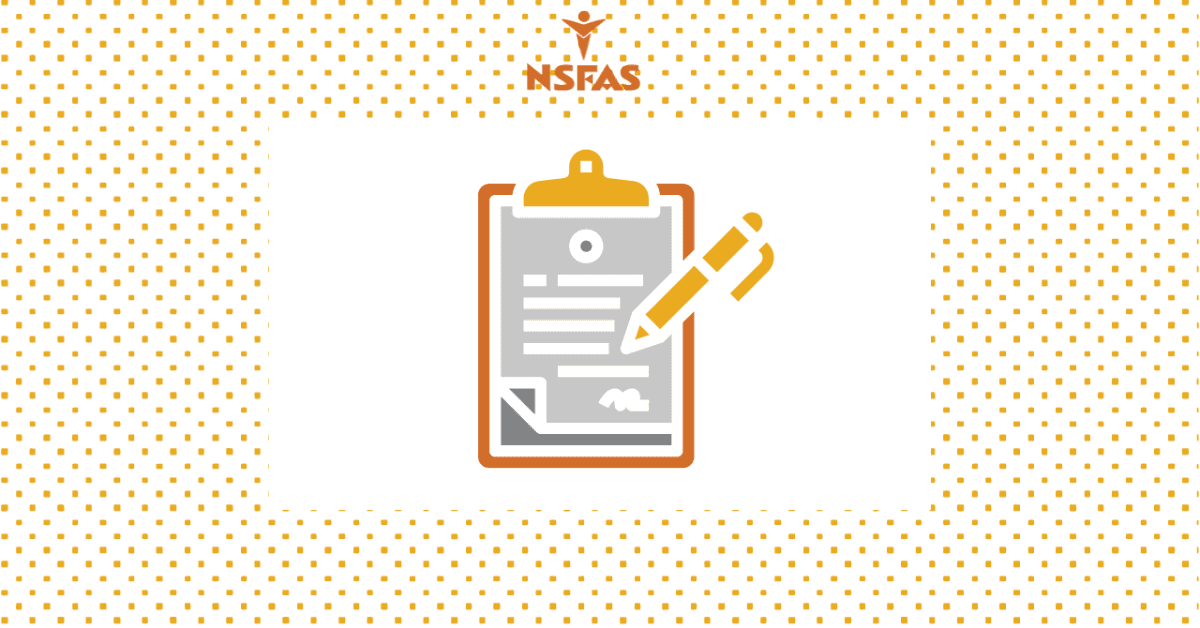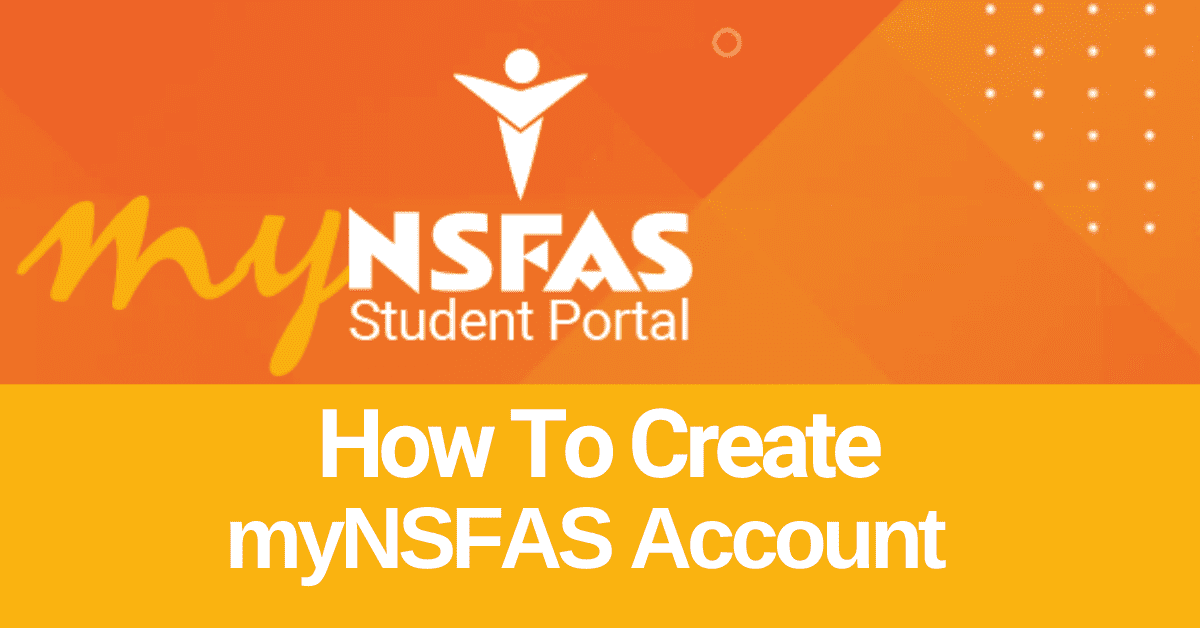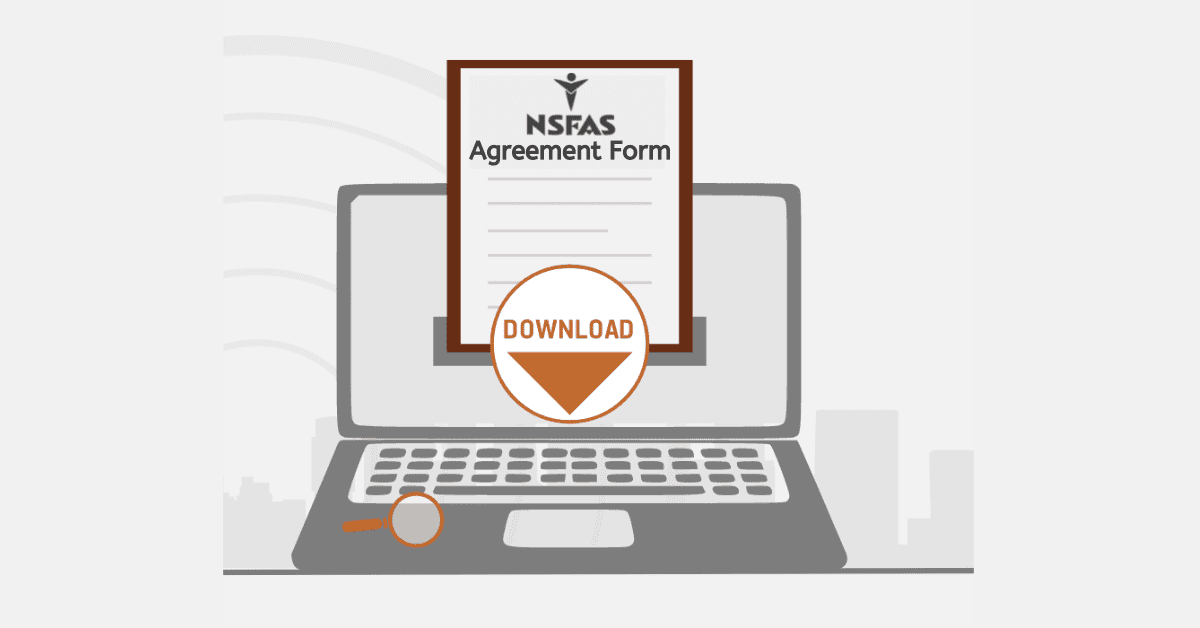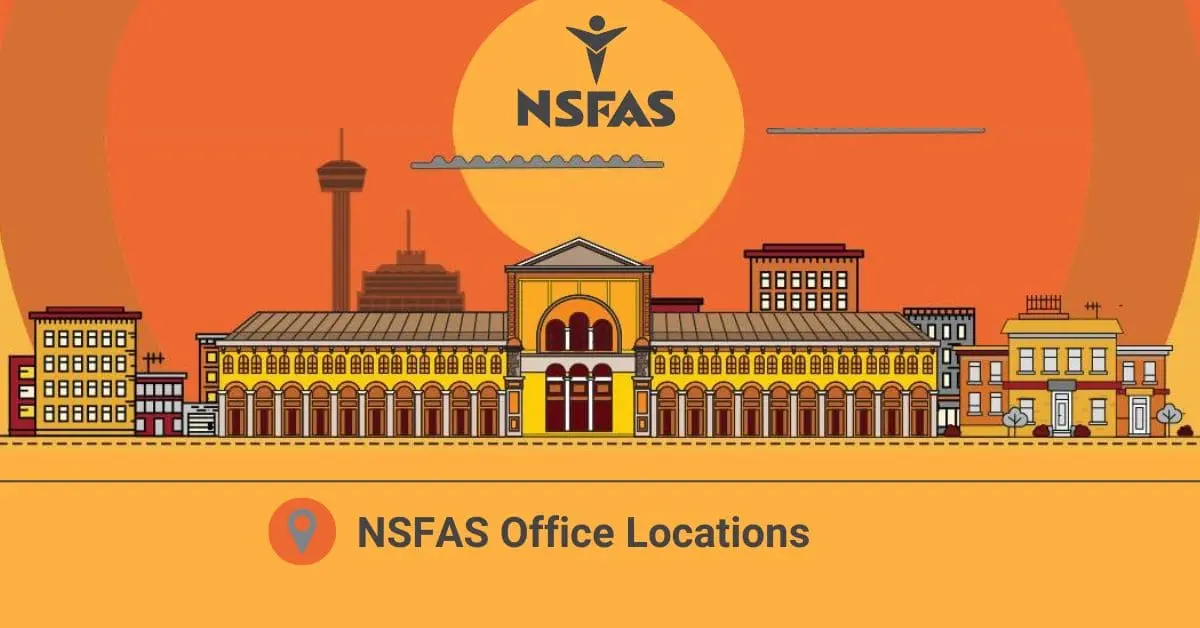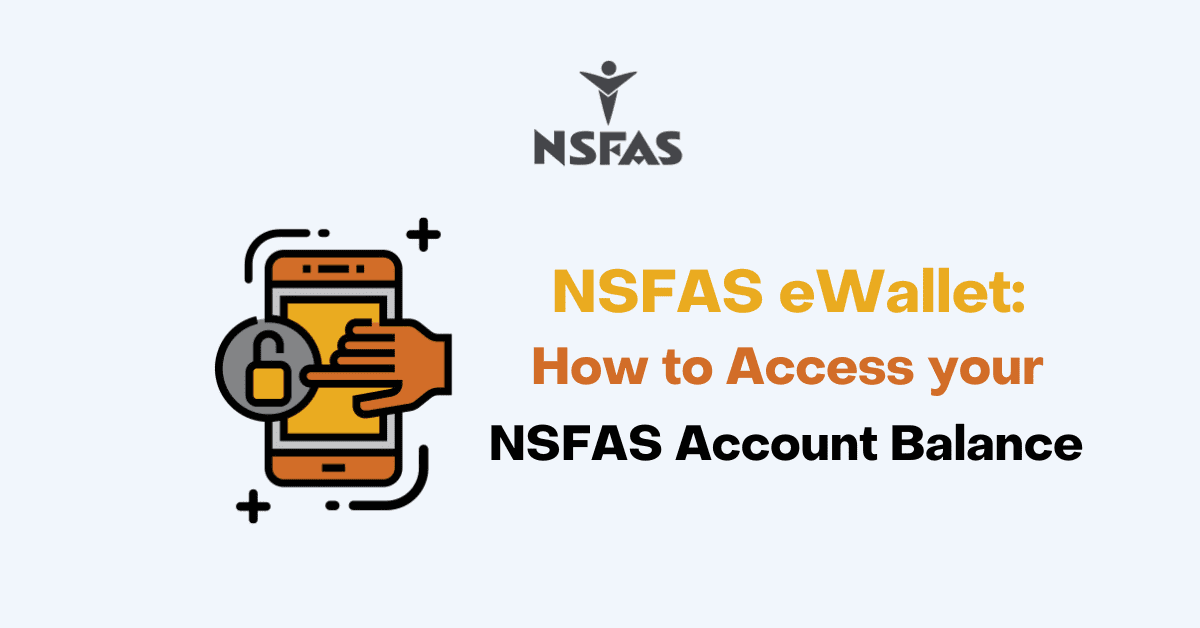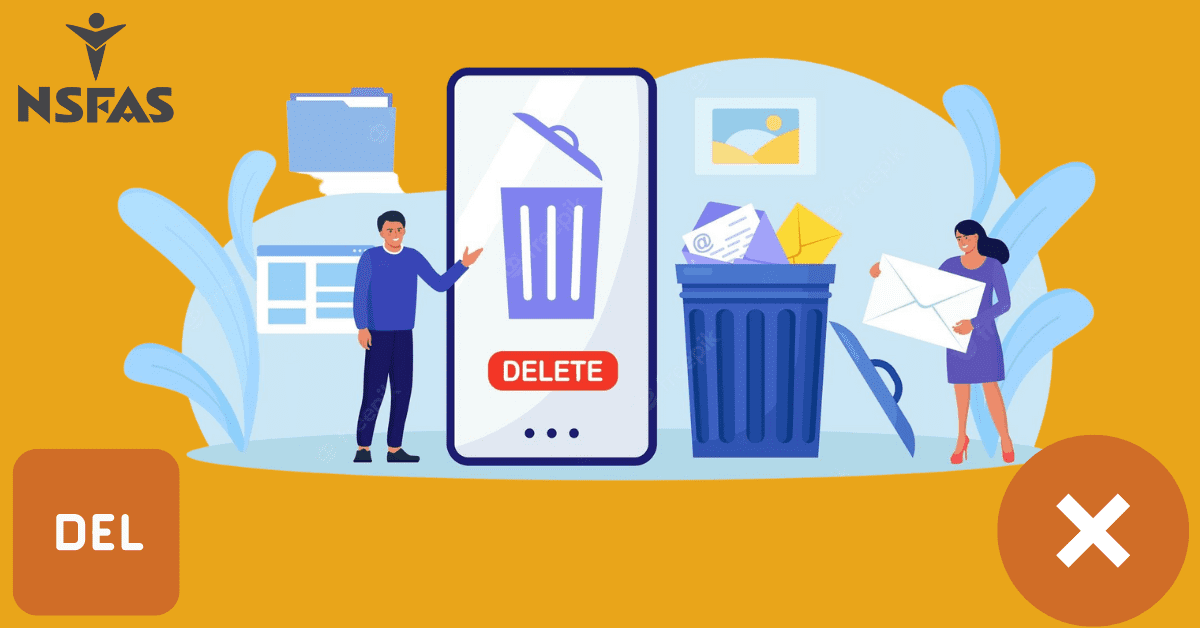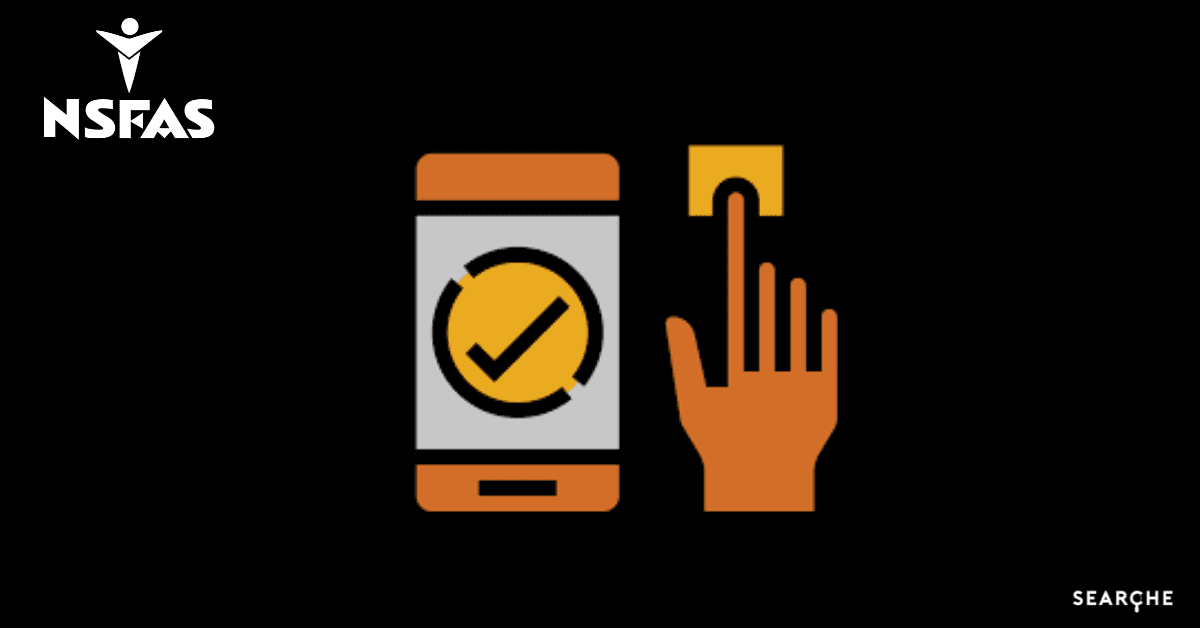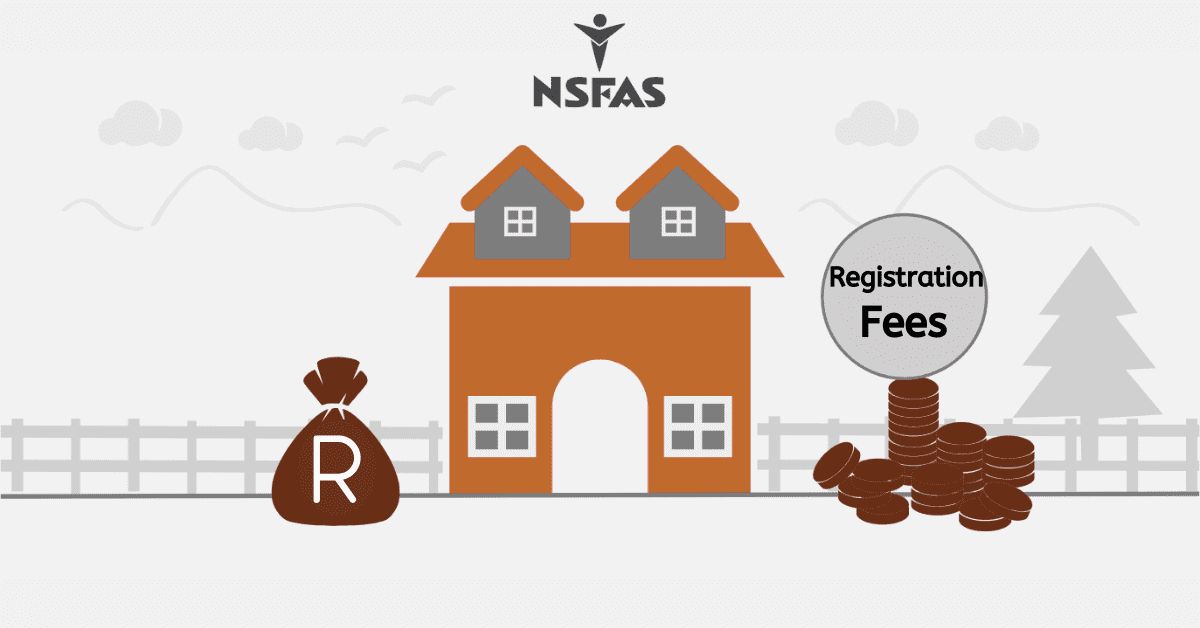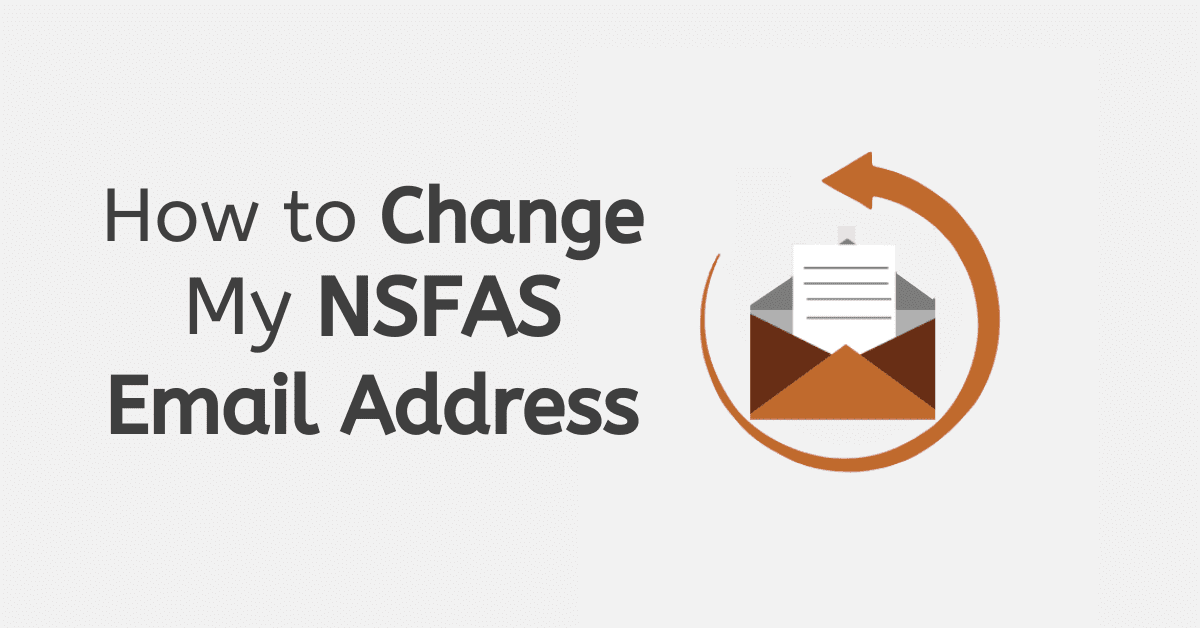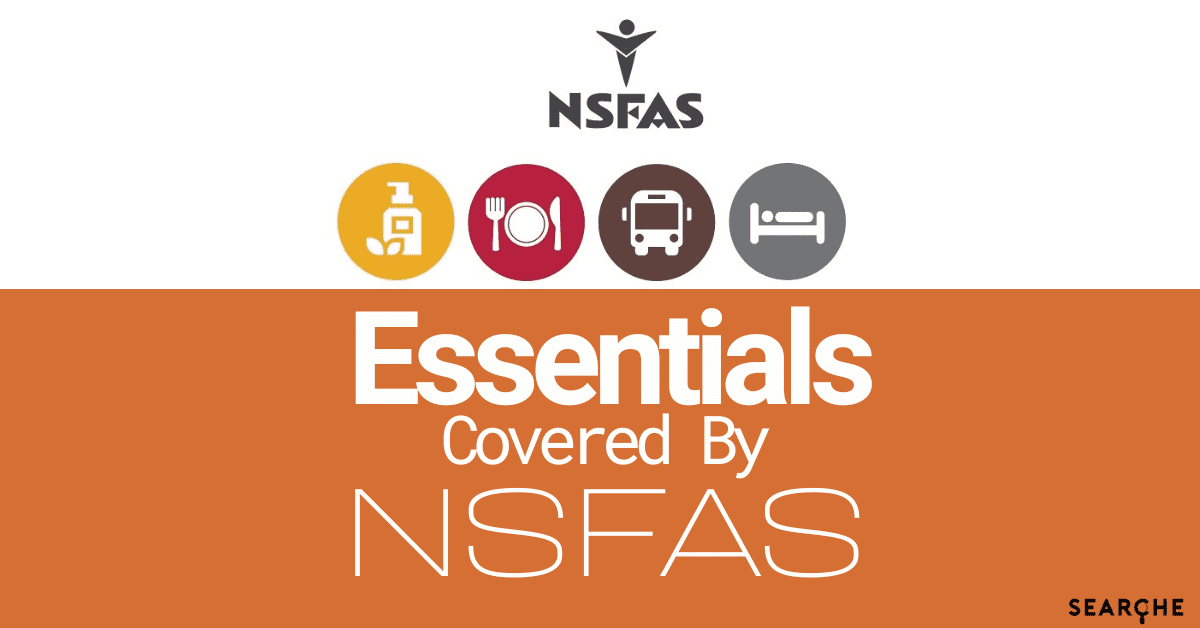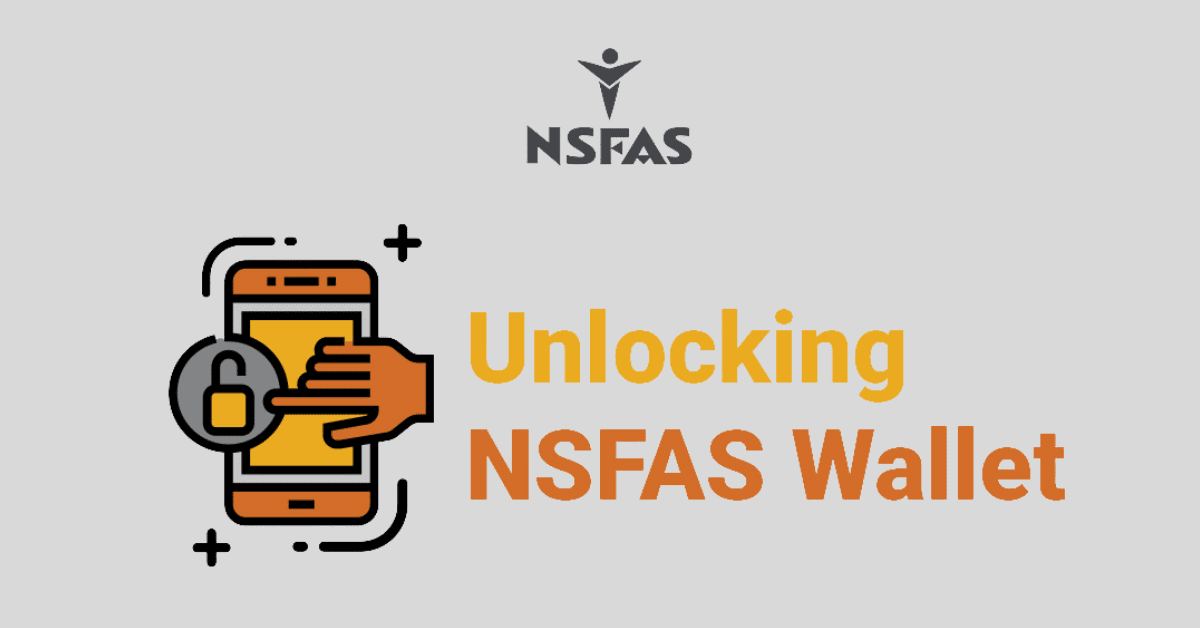Are you wondering how you can access funding for your tertiary education? Many South African students from poor backgrounds often face challenges when it comes to financing their higher education. If you are one of the less privileged students in need of financial aid, you can consider the National Student Financial Aid Scheme (NSFAS). It aims to support disadvantaged students in pursuing their studies at TVET colleges and public universities. However, when you choose this option, you should know the requirements to qualify for this type of bursary
What Is Needed When Applying For NSFAS?
When you apply for NSFAS bursary, ensure your application has the following documents, or else it will be rejected.
- Copy of South African document (This can be a green ID book, unbridged birth certificate, temporary ID from the Department of Home Affairs, or copies of the Smart ID card).
- NSFAS consent form from guardian, parents, or spouse
- If you are dependent and get support from your parents, guardian, or spouse, you should provide the following documents:
- Guardian/parent or spouse’s ID copies
- Guardian’s proof of income, including appointment letter, payslip, or bank statement
- If the person who supports you is a pensioner, you must provide their bank statement or official pension slip showing monthly income.
If you’re self-employed, you should provide the following documents:
- Proof of income (appointment letter or payslip)
- IRP5 form
- You don’t need to provide proof of income if you are already a SASSA recipient.
Applicants with disabilities must provide the following:
- A completed Disability Annexure A Form (it must be signed if the information is unavailable on the online application form).
- Proof of disability and a quotation of devices are required. The funding of assistive devices follows the same procedure as that of the financial aid application.
- When your application for assistive devices has been approved, the FET college or university can buy them on your behalf. You can do this through the disability unit at your college.
Students below 18 years must provide the following documents:
- A completed Vulnerable Child Declaration and Consent Form signed by a social worker.
- Guardian’s retrenchment letter
- Death certificate when if one of your parents is dead
- Divorce decree
If you are a non-SASSA grant applicant, you must provide copies of your parent, guardian, or spouse’s ID. You also need to provide proof of income, including the latest payslip, employment letter, UIF letter, or retrenchment letter. When you attach a payslip, it should not be more than three months old.
How do I apply for NSFAS for the first time?
If you’re applying for NSFAS for the first time, be sure you meet the following entry requirements.
- Only South African citizens are eligible for this kind of subsidy.
- You must be studying towards enrolling in an undergraduate program. Postgraduate students are not included unless you started receiv ing funding in 2020.
- You intend to study at a public TVET college or university in South Africa.
- You should not have any previous undergraduate qualification.
- You should belong to any or more of the following categories:
- You’re a SASSA grant recipient.
- Your household income is less than R370 000 per annum.
- You live with a disability, and your household income is less than R600 000 per annum.
- You began your studies before 2018, and your household income is less than R122 000 per annum.
To apply for NSFAS, follow the steps below:
- Create your myNSFAS Account
- Click on the apply tab
- Update your application details
- Upload the required documents
- Click the “SUBMIT” button when you finish
Does NSFAS require certified documents
When you apply for NSFAS, you do not need to certify your documents. The copies you provide can be verified should the need arise.
How long does NSFAS fund you?
NSFAS funding takes a maximum of five years. Most degree programs are usually completed in three or four years. This means they are covered within the duration of the bursary. If you fail and your studies are delayed by one year, you will be granted another year of funding to complete your course.
However, other degrees like medicine take up to seven years, but NSFAS funding covers only five years. This means you have to fund the additional years of your study if they exceed the maximum duration. Additionally, you will also need to fund your studies if you fail more than two times.
Is an affidavit needed when applying for NSFAS?
When you apply for NSFAS, you should know that affidavits are not accepted as proof of legal guardianship. Instead, you need to provide a court-appointed legal guardianship document. Alternatively, you can submit a Non-SASSA document which you can get on the NSFAS website. These documents must be signed by a social worker.
If your application lacks the required documentation, it can be rejected. However, the good news is that you have 30 days to appeal the rejection from the day of receiving the outcome of your application. You must provide all the necessary details to increase your chances of getting approval.
If you intend to apply for NSFAS, you should provide appropriate documents to get the grant you need to pursue your education. These tips can help you achieve your goals if you want financial assistance to pursue tertiary education in South Africa.
